
Dr. William Li is the CEO, president, and medical director of an organization dedicated to creating a healthier world through angiogenesis, the process our body uses to grow blood vessels. Dr. Li is passionate about taking a scientific approach to health (and tea), advancing the development of new treatments for serious diseases, as well as using diet and lifestyle to prevent disease. His experience stems from a long, studious journey in higher education and conducting in-depth research – some of which concluding that tea is more than a delicious beverage, but also a major health booster.
We had the chance to talk to Dr. Li about the Angiogenesis Foundation and his scientific approach to health and tea. Read on to learn more about Dr. Li, his organization, and his plans for changing the world through angiogenesis, one sip at a time.

Harney: Tell us a little about yourself! What do you do and how did you develop an interest in tea?
Dr. William Li: My entire life I’ve been fascinated by the intersection of diet and health. I’m a medical doctor, but before I went to medical school, I did a gap year in the Mediterranean, studying how diet and lifestyle impacted the health of those who lived there. I also traveled to Asia and immersed myself in the food culture there, which of course includes many kinds of tea.
Throughout my research career and clinical practice, I’ve stoked my passion for understanding how tea can influence our health by studying tea in the laboratory, by analyzing clinical trials that show how tea can improve blood flow and lower blood pressure, and by examining major public health studies showing the benefits of tea across large populations in Asia and Europe. Some of these benefits include lowering the risk of cancer. The research all points to tea being much more than a delicious beverage — it is a major health booster.
Harney: What is the Angiogenesis Foundation?
Dr. William Li: I lead the Angiogenesis Foundation, a nonprofit organization I started in 1994 to create a healthier world through angiogenesis, the process our body uses to grow blood vessels. Angiogenesis is a common denominator in both health and disease. It is used to develop the 60,000 miles of blood vessels that deliver oxygen and nutrients to every organ in our body. When we have healthy circulation, our organs are healthy. Yet, too many or too few blood vessels can lead to diseases ranging from cancer to heart disease to arthritis and more than 70 other chronic health conditions. If you want to learn more about angiogenesis and the role it plays in disease check out my TED Talk here.
The Angiogenesis Foundation is focused on advancing the development of new treatments for serious diseases, as well as using diet and lifestyle to prevent disease. By taking a scientific approach to health, we believe that disease-fighting can be achieved by more than just pharmaceutical solutions — what we eat and drink can help us beat disease. Tea is, in fact, one of the first ‘foods’ discovered to have an effect on angiogenesis, specifically having the ability to starve cancer by cutting off its blood supply.

Harney: Your role as a global health influencer requires you to be all around the world. What it’s like to be on the world stage?
Dr. William Li: A big part of my work involves educating people around the world about the emerging knowledge we have about how our body resists disease, and the ways we can boost our health defenses. I’m in front of many different audiences: from government officials to patients, to doctors, industry leaders, influencers, and other health stakeholders. I’ve spoken at TED, presented on Capitol Hill and given an address at the Vatican to spread the word about the enormous potential for diet to improve health in society. I advocate for high-quality science, exploring new frontiers and pushing the boundaries of research to find new ways to transform global health. An important message I have is that people need to collaborate and work together. This includes scientists, doctors, nutritionists, industry leaders, and government officials. I really enjoy caring for patients, but I think I’ve made a bigger impact on the world stage than I would have in private practice as a doctor.
Harney: Tell us about your new book coming out in March 2019 Eat to Beat Disease?
Dr. William Li: I ’ve just written a book called Eat to Beat Disease: the New Science of How the Body Can Heal Itself that comes out in March 2019. The book highlights more than 200 foods and beverages, including green, jasmine and black teas — and arms readers with the scientific evidence about how foods can help your body heal itself. For anyone interested in the latest health discoveries about tea and other beverages and foods, you’ll love the information that’s in the book.
Harney: What do you enjoy doing on your free time/how do you relax?
Dr. William Li: I enjoy traveling to new cities and exploring their food markets — it’s where I discover new ingredients that inspire my research and my cooking. Actually, one of the most relaxing things I do is to sip a cup of tea while reading a good book.

Harney: Do you like to drink tea? If so, what are some of your favorite teas?
Dr. William Li: I do drink tea every day. Green tea is my go to, and Jasmine tea is definitely one of my favorites. But, I enjoy different types of tea based on my mood, whether I want to be energized or be chill. Oolong teas like tie guan yin are great after a meal. I like black tea, too. The more I know about the research showing the health benefits behind specific types of tea, the more I want to include them on a daily basis. In our research, we discovered a blend of green teas had powerful cancer starving anti-angiogenic activity. This was through collaboration with Harney & Sons and led to a creation of a custom blend, the Angiogenesis Foundation Green Tea, that is really delicious as well as healthful. This is certainly one of my favorites.
Harney: Is there any new research on tea that excites you?
Dr. William Li: Recently, a study from cancer researchers in England was published showing the matcha green tea has the ability to fight breast cancer[1]. The researchers found that matcha cuts off the fuel lines to breast cancer stem cells and interferes with their metabolism, causing them to become inactive. These cancer stem cells are responsible for creating more cancer cells, so finding ways to thwart them is a kind of ‘holy grail’ in cancer research. Matcha may be one way to stop cancer stem cells in their tracks. While the study was done in the laboratory and not in women with breast cancer, this discovery is exciting and should lead to further research to see if the same effects will take place in patients with breast cancer.
Thank you for taking the time to share your story with us! To learn more about Dr. Li or the Angiogenesis Foundation, head to angio.org. All photography has been provided by Dr. Li.
[1] Bonuccelli G, Sotgia F, Lisanti MP. Matcha green tea (MGT) inhibits the propagation of cancer stem cells (CSCs), by targeting mitochondrial metabolism, glycolysis and multiple cell signalling pathways. Aging (Albany NY). 2018 Aug 23;10(8):1867-1883.
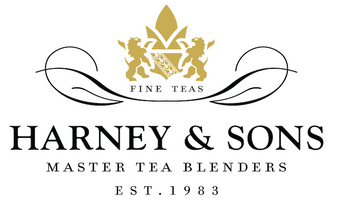



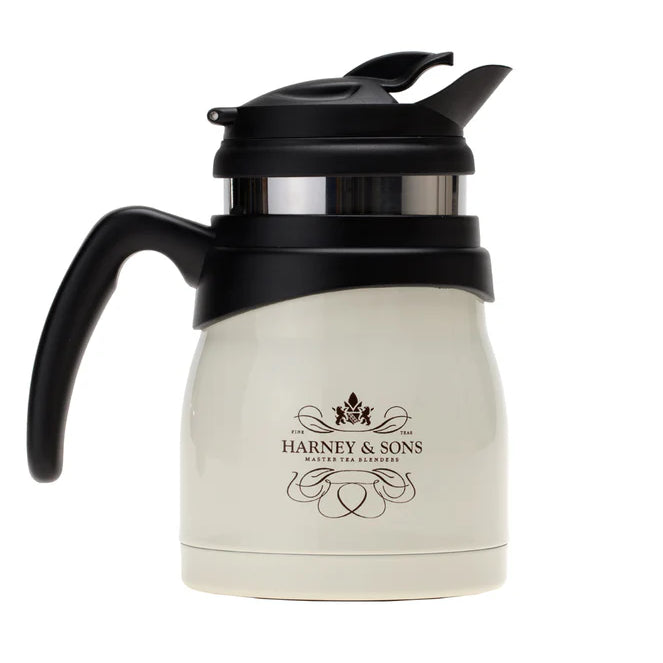
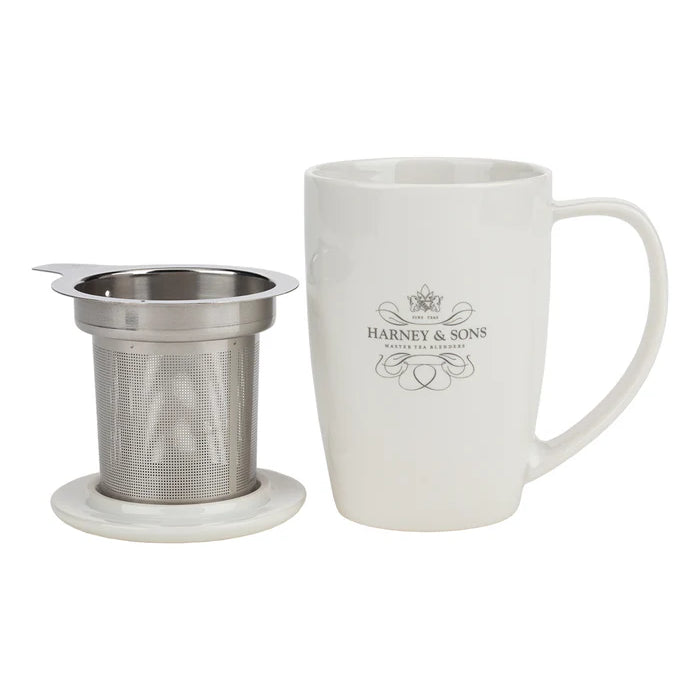
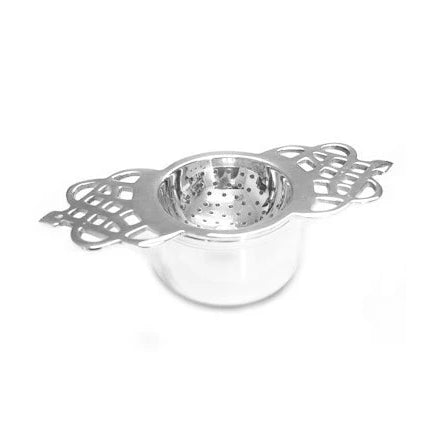
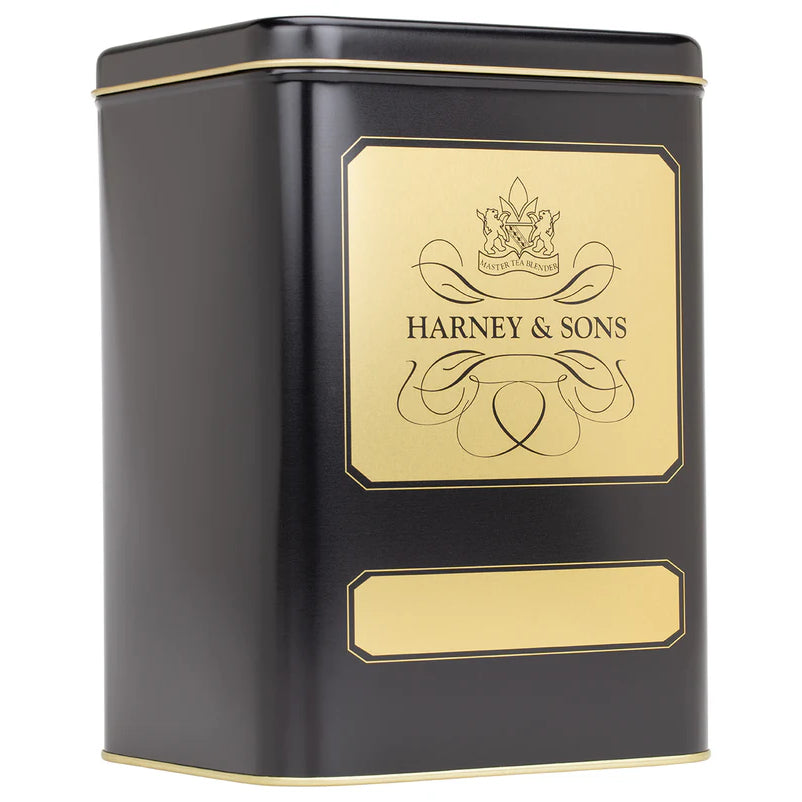
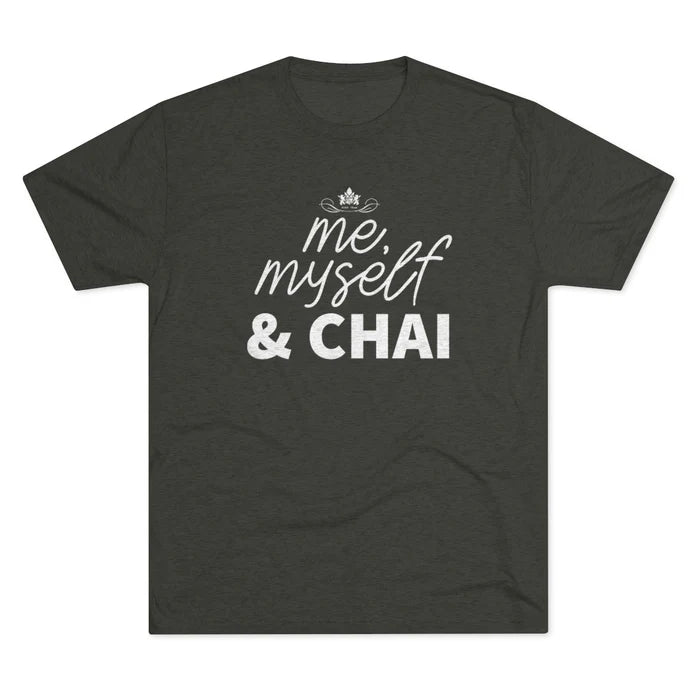






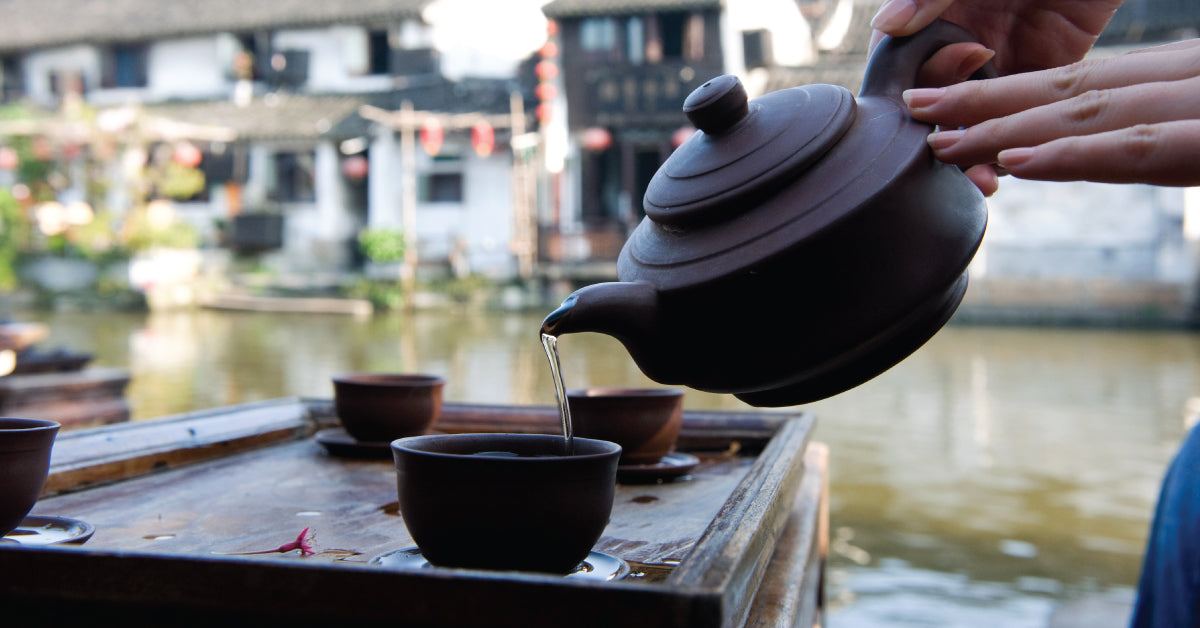
5 comments
Kelly
I love listening to your pod casts. Love learning about healthy eating. I just wish I could make myself eat healthier.
I love listening to your pod casts. Love learning about healthy eating. I just wish I could make myself eat healthier.
Betty
Saw you on Dr. Oz show years ago and you mentioned several foods we should eat along with matcha tea and Italian tomatoes! Could u give me that list! Thank you, Betty Macias
Saw you on Dr. Oz show years ago and you mentioned several foods we should eat along with matcha tea and Italian tomatoes! Could u give me that list! Thank you, Betty Macias
Candee Caldwell
I find this very interesting, as I’m a 63-year-old lady who has been drinking greens tea for 10 or more years. I added Matcha to my diet 3 years ago. I drink matcha every morning before I eat anything. January 2, 2018, I was diagnosed with invasive ductular carcinoma stage 2 HER2 positive. I have had surgery to remove the tumor and went through chemo and radiation. I’m still drinking my matcha and jasmine teas. I think by saying green tea is prevention is miss leading. I’m not a smoker, drinker and meat eater. I excise and lift weights. And still had cancer.
I find this very interesting, as I’m a 63-year-old lady who has been drinking greens tea for 10 or more years. I added Matcha to my diet 3 years ago. I drink matcha every morning before I eat anything. January 2, 2018, I was diagnosed with invasive ductular carcinoma stage 2 HER2 positive. I have had surgery to remove the tumor and went through chemo and radiation. I’m still drinking my matcha and jasmine teas. I think by saying green tea is prevention is miss leading. I’m not a smoker, drinker and meat eater. I excise and lift weights. And still had cancer.
Lynn
As an 11-year breast cancer patient at stage IV, I would like to know if the promotion of angiogenesis does not supply blood and nutrients to the cancer cells as well as the healthy cells. We know cancer cells can trigger the body to engage in angiogenesis to create blood flow for themselves so they can proliferate. I would like to know how the tea could differentiate, effectively increasing angiogenesis for healthy cells while preventing it for cancer cells.
As an 11-year breast cancer patient at stage IV, I would like to know if the promotion of angiogenesis does not supply blood and nutrients to the cancer cells as well as the healthy cells. We know cancer cells can trigger the body to engage in angiogenesis to create blood flow for themselves so they can proliferate. I would like to know how the tea could differentiate, effectively increasing angiogenesis for healthy cells while preventing it for cancer cells.
Michael Harney
Will was a great friend of our Founder: John Harney. John always felt that Will’s work gave him more years with his loved ones. We have enjoyed with Will and the Foundation for many years. We are excited about the next steps.
Will was a great friend of our Founder: John Harney. John always felt that Will’s work gave him more years with his loved ones. We have enjoyed with Will and the Foundation for many years. We are excited about the next steps.